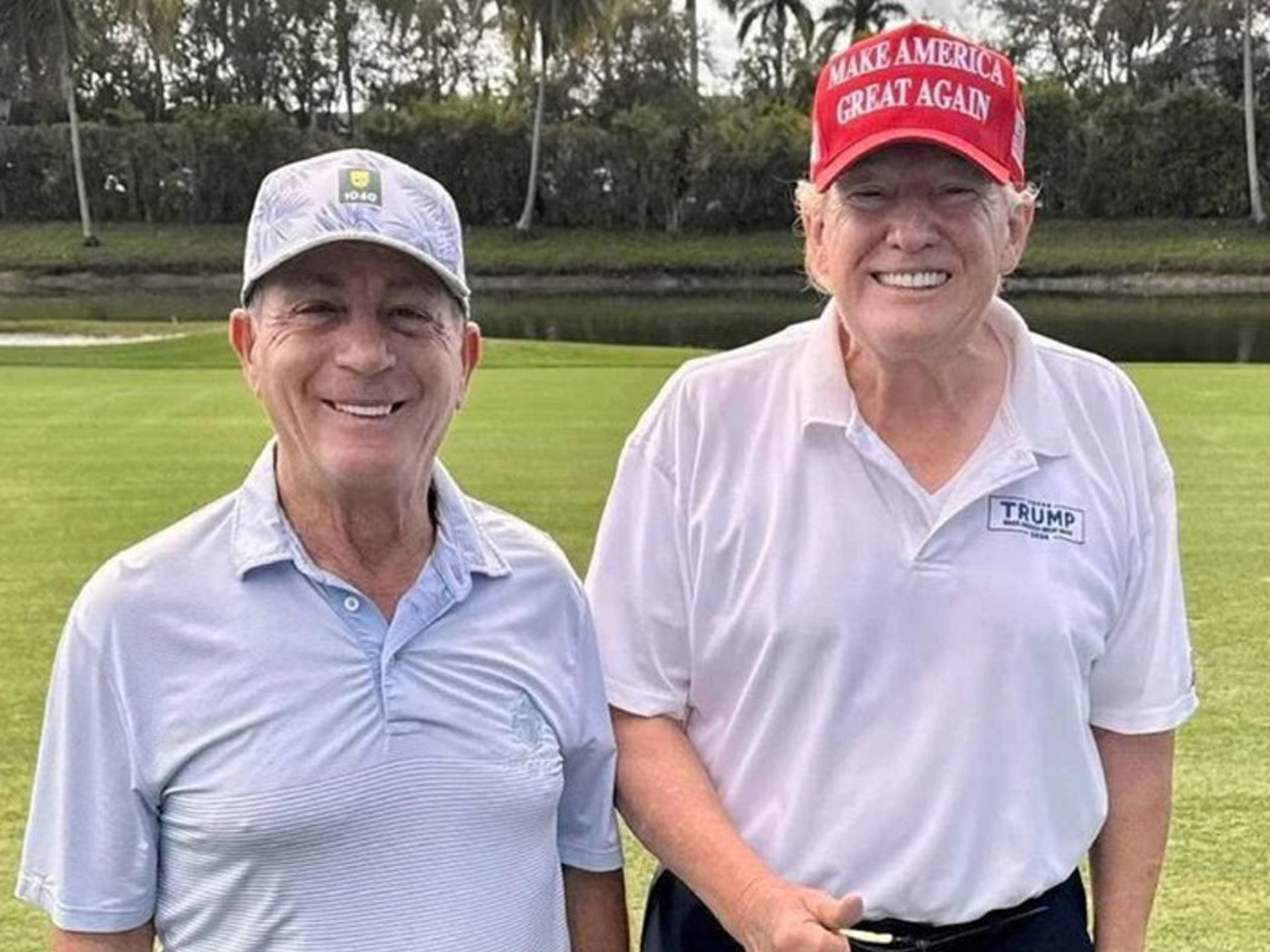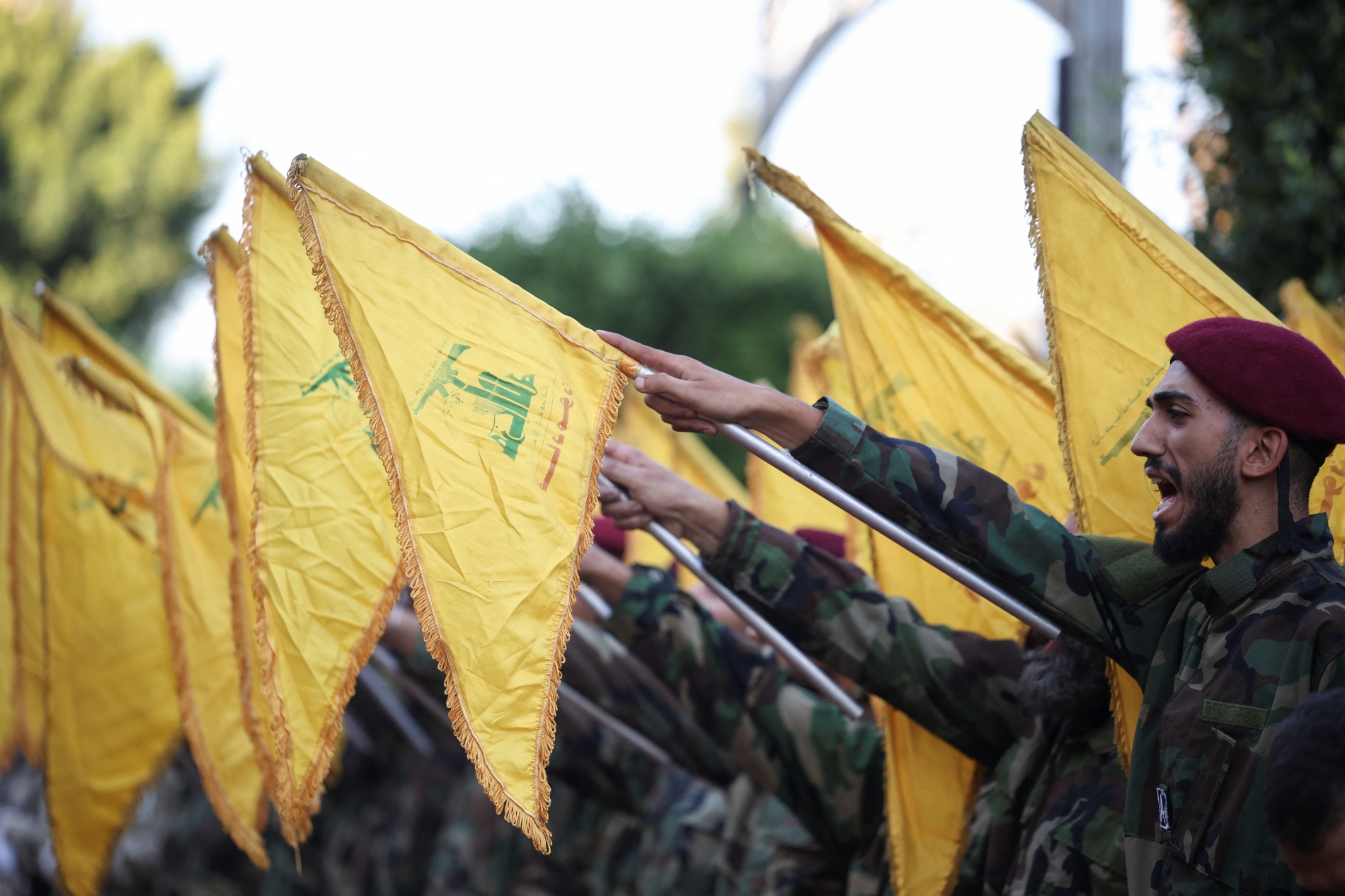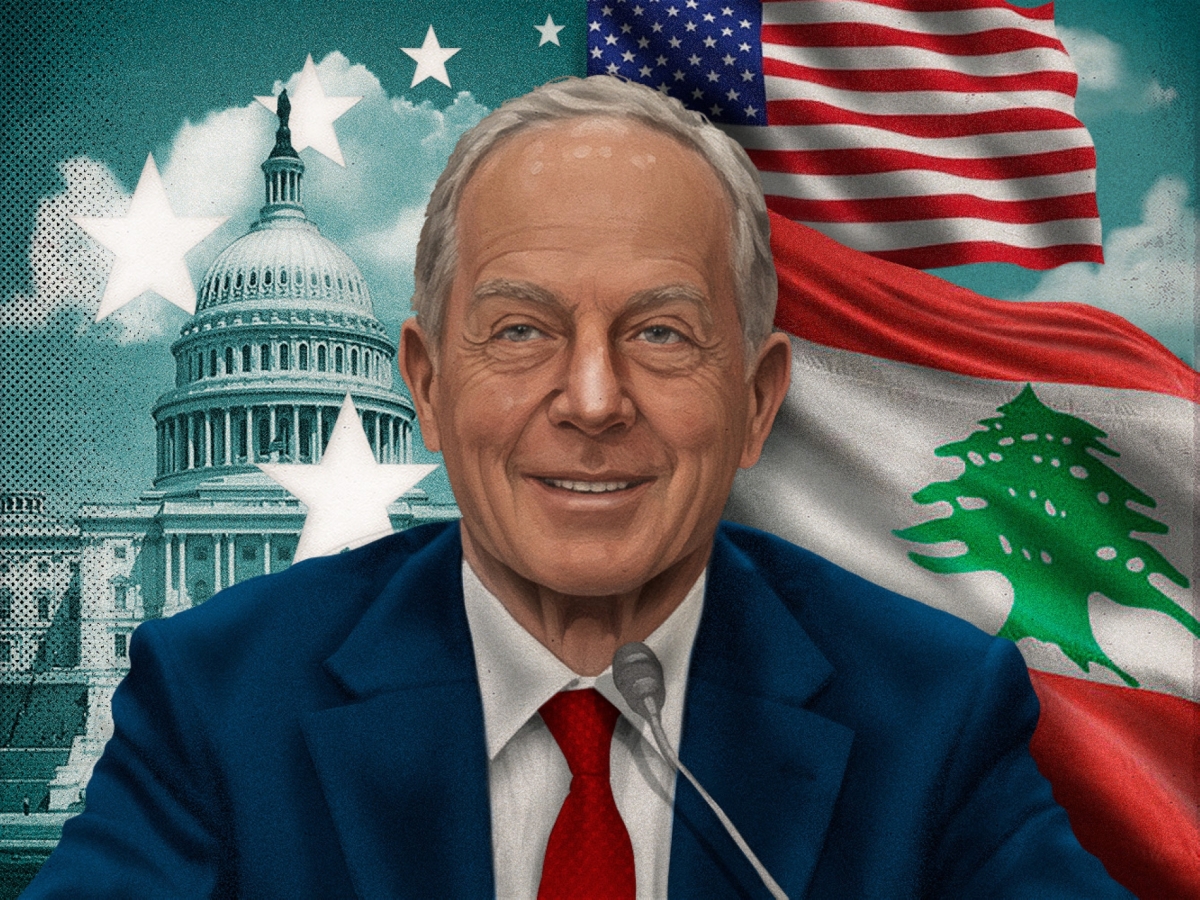The new US Ambassador to Lebanon, Michel Issa, is the first such representative with Lebanese roots. His loyalty, however, remains first and foremost to the US, as does that of other envoys and ambassadors of Lebanese origin, of which there are now a few.
Thomas Barrack, US Ambassador to Türkiye and presidential envoy to Syria; Massad Boulos, presidential envoy for Arab and African affairs; and Bill Bazzi, US Ambassador to Tunisia, are all of Lebanese origin.
Their appointments are indicative of a precedent set by US President Donald Trump, who has a fondness for appointing people from outside the Department of State, based on close personal relationships. All come from the business community, and Bazzi recently served as mayor of Dearborn Heights.
Those who follow US affairs closely believe Trump’s choice of trusted personal associates for top diplomatic positions stems from two main factors. Firstly, he wants people he trusts completely to carry out his foreign policy. Secondly, their business background prioritises US financial interests, aligning with Trump’s economic vision.
Pressuring Hezbollah
Having arrived in Beirut in mid-November, Issa will be supported by Morgan Ortagus, the US envoy to Lebanon, as they tighten US pressure on Hezbollah to disarm in line with the ceasefire agreement signed in November last year.
Washington is also pressing Lebanon to complete its programme of economic reforms. If implemented, the US would encourage the international community to hold two conferences for Lebanon—one focused on reconstruction and financial support, the other to assist the Lebanese army.
As Issa takes office, Barrack will continue to play a broader regional role, especially in mediating between Lebanon, Syria, and Israel. Barrack will also coordinate with those states sharing common interests with Lebanon on behalf of Trump.
A primary focus of Issa’s will be to follow the work of the international committee supervising implementation of the ceasefire agreement. This committee reports to US Central Command under Admiral Brad Cooper, who visited Lebanon last September.

America’s man in Lebanon
A Lebanese American, Issa was born in the town of Bsous in the Aley district and spent his early years in Beirut before moving to France for his studies. He later settled in the US, where he worked for a string of major banks, including the Union of Arab and French Banks, Chase Manhattan Bank, Bank Indosuez, and Crédit Agricole.
In 1999, he left banking and entered the automotive world, investing in the expansion of luxury car agencies such as Porsche, Audi, and Volkswagen. His agencies, which he later organised into three separate entities, generated revenues of around $35mn a year. He sold these companies in 2010.
He has since worked in corporate restructuring and financial crisis management. As reported by MTV Lebanon, Issa has also served as a certified public accountant, bankruptcy trustee, executive board member, and university lecturer.
Issa’s relationship with Trump is personal. It began when they met at a golf club and developed into a deep friendship, with Trump describing Issa as a businessman, financial expert, and leader with a distinguished career in banking and international trade. Such was their relationship that Trump announced Issa’s nomination as ambassador through his Truth Social platform in March. During the confirmation period, Democrats resisted the appointment.
For his part, Issa presented a strong position before the Senate Foreign Relations Committee, stating that disarming Hezbollah was not a choice but a necessity, describing the group as a wounded bear still able to cause harm. He questioned Hezbollah’s motives for remaining armed and criticised the group’s ties to Iran.
To avoid any conflict of interest, Issa stated that he had given up his Lebanese citizenship and affirmed his full commitment to the US. His statements indicated a determination to work towards change in Lebanon and to restore its full sovereignty.

A central actor takes to the stage
Issa will play a significant role in US-Lebanese relations, with a remit covering political and diplomatic work, economic concerns, security coordination, strategic matters, and humanitarian and social issues. The US ambassador in Beirut is far from being a ceremonial figure but a central actor shaping US policy towards Lebanon, managing the conversation between the two states.
As a businessman of Lebanese origin, Issa is expected to expand the economic and investment aspect of his role and is likely to present himself as a bridge between Washington and Beirut. Politically, he will follow the disarmament of Hezbollah, support the army, and press for reforms. He will also encourage American investment in Lebanon if security conditions improve.
His performance, understandably, will be compared to his predecessors. Dorothy Shea, who served during the most severe stage of Lebanon’s economic collapse, was known for her criticism of corruption and for highlighting sanctions against figures linked to Hezbollah. She also supported US mediation in maritime border talks with Israel. David Hale, meanwhile, focused on major political files, notably efforts to end the country’s presidential vacuum and to increase US military assistance to the Lebanese army.










